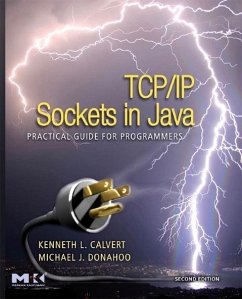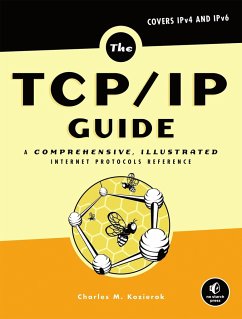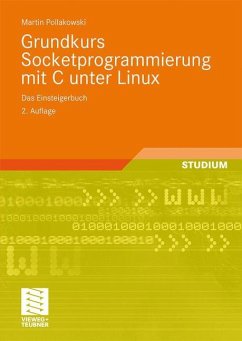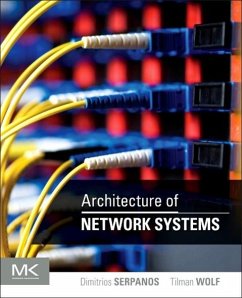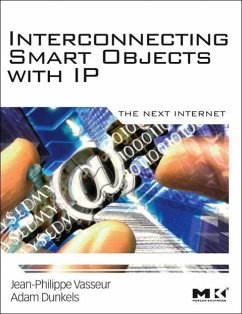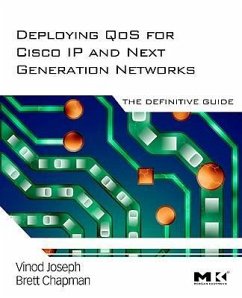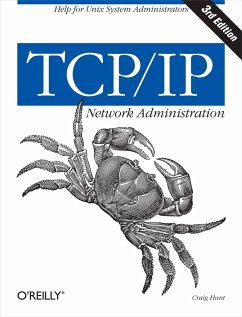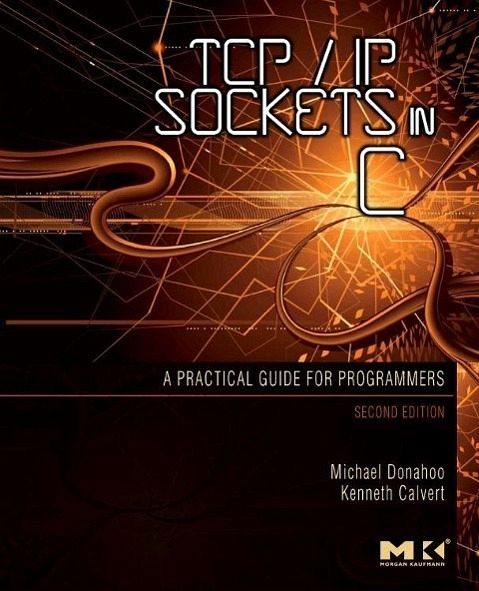
TCP/IP Sockets in C
Practical Guide for Programmers

PAYBACK Punkte
12 °P sammeln!
TCP/IP Sockets in C: Practical Guide for Programmers, Second Edition is a quick and affordable way to gain the knowledge and skills needed to develop sophisticated and powerful web-based applications. The book's focused, tutorial-based approach enables the reader to master the tasks and techniques essential to virtually all client-server projects using sockets in C. This edition has been expanded to include new advancements such as support for IPv6 as well as detailed defensive programming strategies.If you program using Java, be sure to check out this book's companion, TCP/IP Sockets in Java:...
TCP/IP Sockets in C: Practical Guide for Programmers, Second Edition is a quick and affordable way to gain the knowledge and skills needed to develop sophisticated and powerful web-based applications. The book's focused, tutorial-based approach enables the reader to master the tasks and techniques essential to virtually all client-server projects using sockets in C. This edition has been expanded to include new advancements such as support for IPv6 as well as detailed defensive programming strategies.
If you program using Java, be sure to check out this book's companion, TCP/IP Sockets in Java: Practical Guide for Programmers, 2nd Edition.
If you program using Java, be sure to check out this book's companion, TCP/IP Sockets in Java: Practical Guide for Programmers, 2nd Edition.




